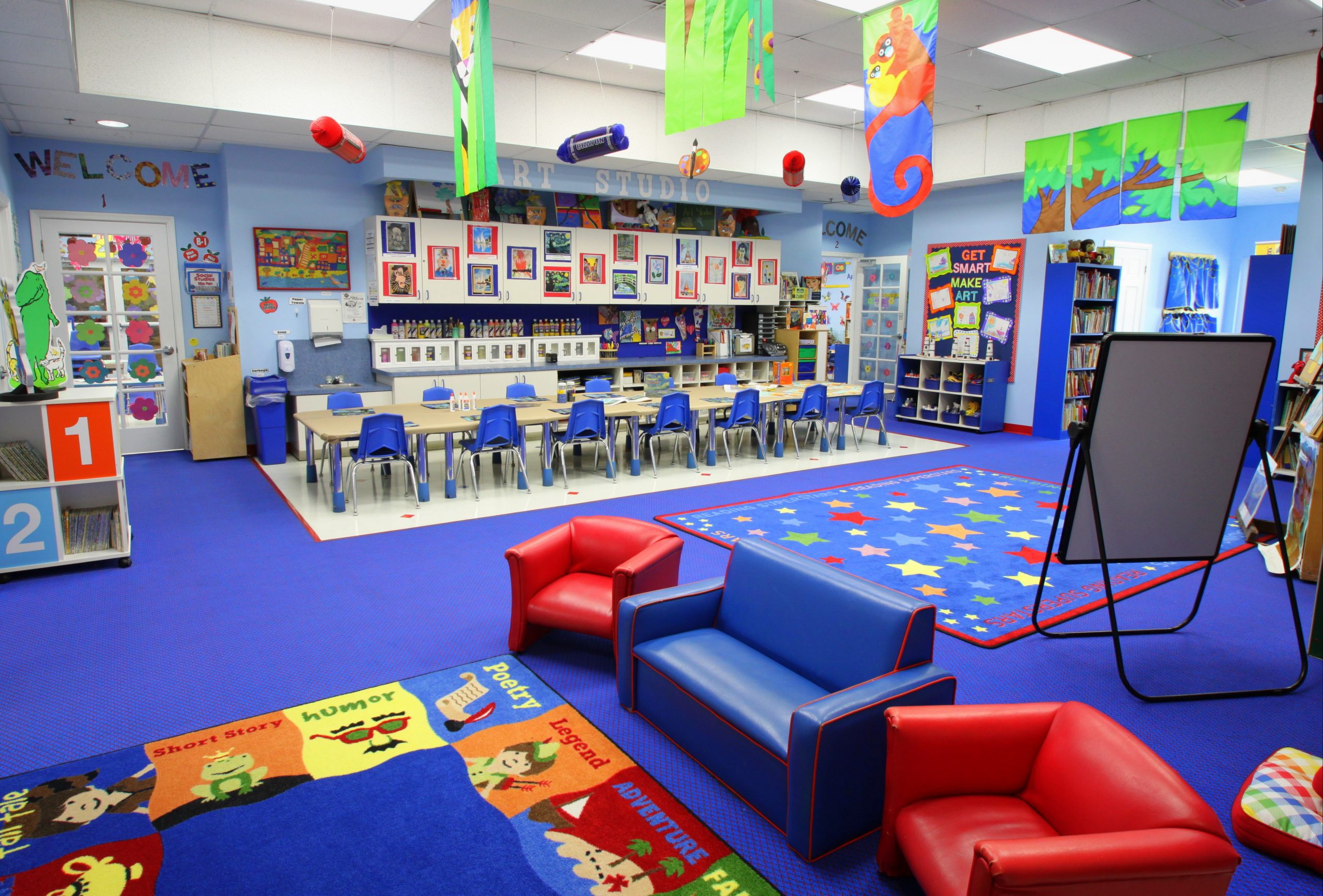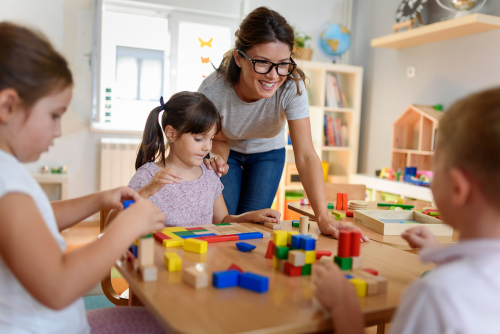Understanding the Importance of Day Care for Your Young child's Social Growth and Learning Knowledge Through Engaging Activities
The importance of childcare in shaping a young child's social development and discovering can not be overemphasized, as it supplies an organized setting filled up with engaging activities that are essential for early growth. As we discover the multifaceted advantages of childcare, one must take into consideration exactly how these fundamental experiences influence a kid's future social communications and overall advancement.

Advantages of Social Interaction
Social communication plays an essential function in the developing trajectory of kids, offering as a structure for necessary social skills. Engaging with peers permits toddlers to practice interaction, learn to express their emotions, and create compassion. With shared play and teamwork, they start to understand social standards, such as taking turns and sharing, which are important parts of effective social connections.
In addition, social communications contribute to cognitive development. As toddlers interact with their peers, they improve their language skills, increase their vocabulary, and enhance their capability to verbalize feelings and thoughts. This exchange of concepts fosters critical thinking, as children discover to negotiate, solve issues, and navigate problems.
Additionally, social interaction promotes emotional law. Direct exposure to numerous social circumstances helps young children acknowledge and handle their emotions, inevitably causing higher durability and adaptability. The capacity to develop accessories and friendships likewise enhances their feeling of belonging and self-confidence, which are important for overall well-being.
Value of Involving Activities
Involving tasks are important for promoting a revitalizing environment that boosts toddlers' social growth. These activities not just captivate young kids's focus yet likewise promote active involvement, permitting them to discover their surroundings artistically. Via play-based knowing, kids establish essential skills such as problem-solving, participation, and compassion, all of which are vital for constructing healthy partnerships with peers.
Taking part in appealing tasks, such as group video games, art tasks, and interactive storytelling, urges toddlers to share their sensations and concepts. This expression is crucial for psychological intelligence and aids them comprehend the perspectives of others. Additionally, when young children take part in these activities with each other, they find out to negotiate duties, share sources, and work together, which are fundamental aspects of social interaction.
Additionally, a well-structured setting that includes stimulating and diverse activities helps in keeping kids inspired and concentrated. This inspiration cultivates a love for discovering and expedition, laying the structure for future academic experiences. Ultimately, involving activities in childcare settings are critical in forming social abilities, preparing kids for effective communications beyond the class, and nurturing their overall development throughout these formative years.
Developing Interaction Skills
Reliable communication abilities are vital for young children as they browse their very early social communications. In a daycare setup, children are revealed to varied social situations that encourage verbal and non-verbal communication. Involving in discussions with caregivers and peers promotes language growth, allowing kids to express their requirements, emotions, and thoughts a lot more successfully.

Additionally, childcare environments supply possibilities for toddlers to observe and simulate communication designs of their peers and grownups. This empirical knowing is crucial as children pick up on social cues, tone, and body movement, which are vital elements of effective communication.
Fostering Freedom and Confidence
As kids improve their interaction abilities, they simultaneously begin to discover their freedom and develop confidence in social settings (toddler daycare near me). Childcare provides an organized atmosphere where youngsters can take part in different activities that urge freedom. From picking their very own tasks to joining team jobs, these experiences encourage kids to choose and share themselves
In a day care setting, kids are usually presented with opportunities to solve troubles independently, whether it's figuring out just how to share toys or resolving conflicts with peers. This Learn More Here fosters crucial thinking and advertises self-sufficiency. In addition, caretakers support this growth by offering positive reinforcement and advice, assisting children to navigate social interactions with self-confidence.

Group activities, such as participating games or collective art jobs, help with synergy and teach toddlers the significance of interacting. Via these communications, kids find out to connect their thoughts and sensations, additionally enhancing their self-confidence and social abilities.
Inevitably, fostering freedom and confidence in daycare not just prepares kids for future social settings however additionally prepares for a durable frame of mind, equipping them with necessary life abilities as they continue to learn and expand.
Building Lifelong Knowing Structures
A strong foundation for long-lasting knowing is vital for toddlers, as their very early experiences form their attitudes towards education and learning and curiosity. Day care atmospheres play a pivotal duty in this developmental stage by providing organized chances for exploration and interaction. Involving activities, such as group play, crafts and arts, and interactive narration, boost cognitive growth while urging social communication.
Through these experiences, kids find out necessary skills such as analytic, interaction, and teamwork. They are presented to the concept of discovering as a satisfying, joint process instead of a chore, which cultivates a positive mindset in the direction of education and learning. Exposure to varied viewpoints and peer interactions in day care setups enhances psychological knowledge, promoting compassion and durability.
Caregivers and teachers also add considerably to constructing this foundation by modeling inquisitiveness and excitement for understanding. By motivating concerns and facilitating conversations, they produce a setting where kids really feel secure to express themselves and check out originalities. Ultimately, the combination of supportive connections their website and engaging tasks in childcare settings prepares for a long-lasting love of understanding, equipping kids with the skills and state of mind required for future scholastic and personal success.
Conclusion

The significance of daycare in shaping a kid's social development and understanding can not be overstated, as it offers a structured environment filled with appealing activities that are pivotal for very early development.Social interaction plays a vital role in the developmental trajectory of young children, serving as a structure for necessary social abilities. When young children engage in these tasks with each other, they find out to work out duties, share sources, and team up, which are fundamental elements of social interaction.
Ultimately, involving activities in childcare setups are critical in forming social abilities, preparing toddlers for effective communications past the class, and supporting their total growth throughout these developmental years.
Eventually, the benefits of interesting activities in daycare setups play a considerable function in preparing young children for visite site future social interactions and difficulties. daycare near me for infants.